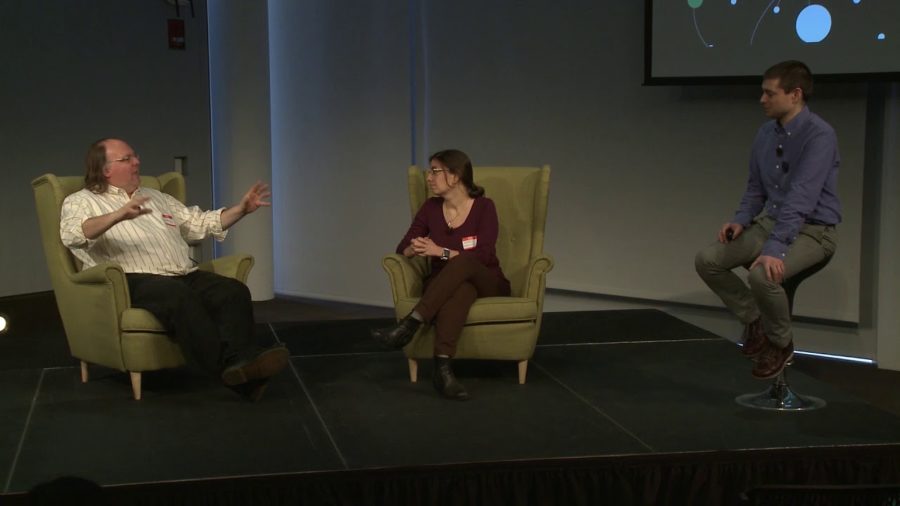One of the things I found interesting about both of your conversations is that as we start to see code becoming a powerful force in society, we’re no longer just trying to change laws but we find ourselves—just as we’re citizens trying to encourage the government or congresspeople to change laws—we’re now standing outside of companies saying well, there’s code that affects our lives.
Ethan Zuckerman
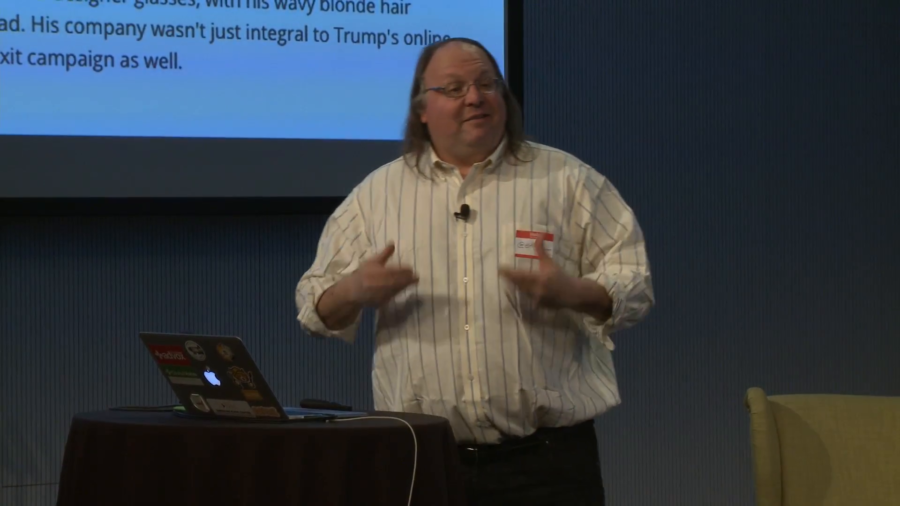
I think that it’s becoming harder for many people to feel like they can achieve social change either through the ballot box, or through protest, which is sort of our main mechanism where when we can’t win arguments at the ballot box we stand up and show that we’re not happy about things. I want to make the case that both of those methods are actually suffering as a form of social change.
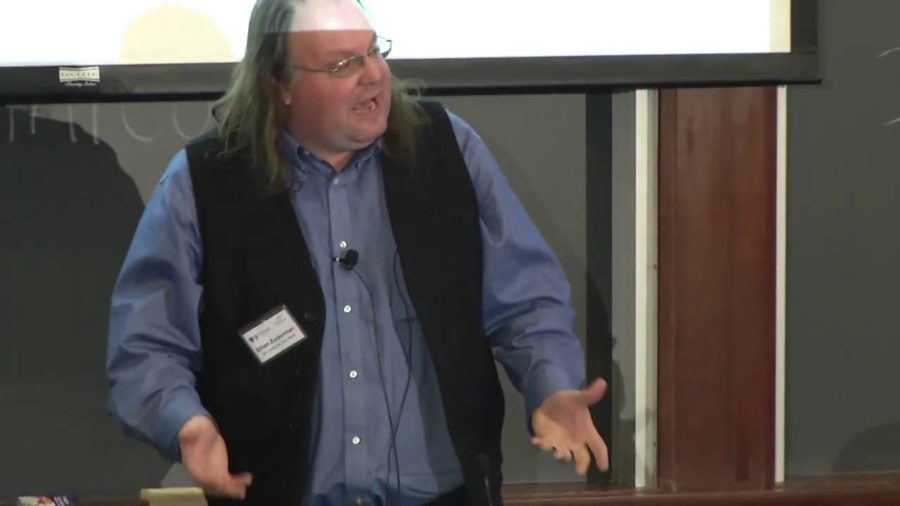
When you’re looking at something as big as these questions of verifiability, truth, truthiness, disinformation, so on and so forth, I find myself now trying to pick apart the questions we talked about this morning from the perspective of tractability. So let me use that to sort of frame a couple of the conversations we’ve had and then a couple of things that haven’t come up, and then see if I can sort of push us forward a little bit into where we go this afternoon.
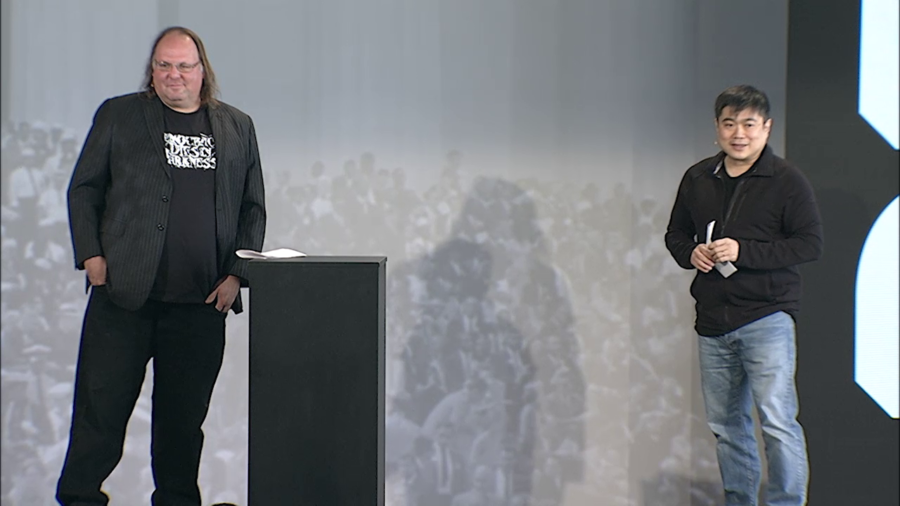
Part of what’s really interesting at the moment is that most people, particularly young people, don’t have a lot of faith in institutions. They’re not necessarily excited about this idea that we go to the polls, we elect representatives, those representatives speak for us and that is how change happens.
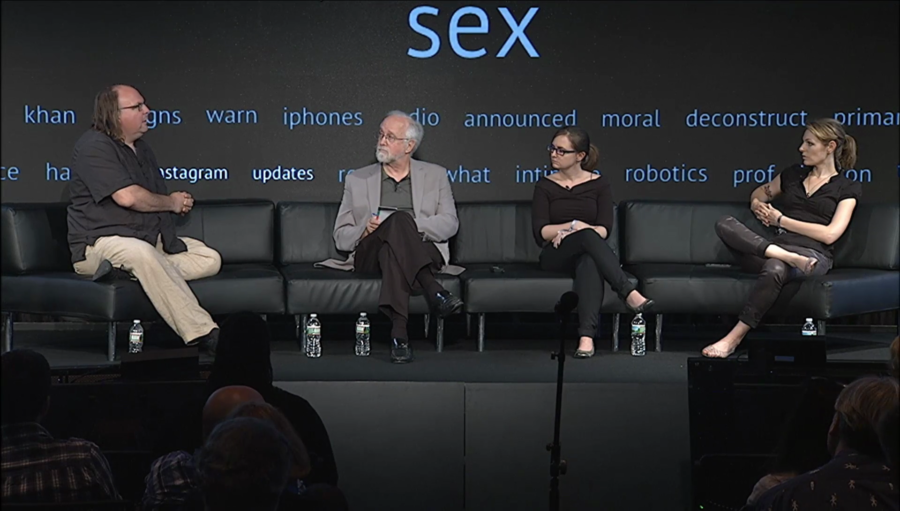
One of the big things that we’re going to talk about here is paraphilia. We’re going to talk about sexual deviance. We’re going to talk about the problem of people whose sexual desires lead to attraction to children, lead to attraction towards violent sex, lead to sexual transgression in one fashion or another.
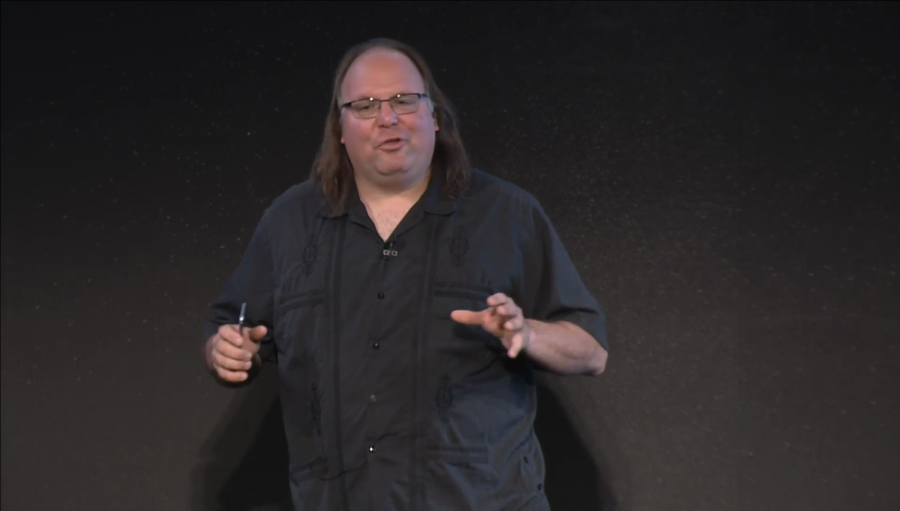
As we dug into this topic, we realized research gets forbidden for all sorts of reasons. We’re going to talk about topics today that are forbidden in some sense because they’re so big, they’re so consequential, that it’s extremely difficult for anyone to think about who should actually have the right to make this decision. We’re going to talk about some topics that end up being off the table, that end up being forbidden, because they’re kind of icky. They’re really uncomfortable. And frankly, if you make it through this day without something making you uncomfortable, we did something wrong in planning this event.
We are in the midst of a shift in how we encounter information. And we’re wrestling with three paradigms at the same time. The oldest of these paradigms, for for most of us, is edited media. … You have a powerful gatekeeper, the newspaper editor, who says, “Here are things you need to pay attention to today. Give this a small amount of your time, and you will be roughly up to date with what you need to know.”

